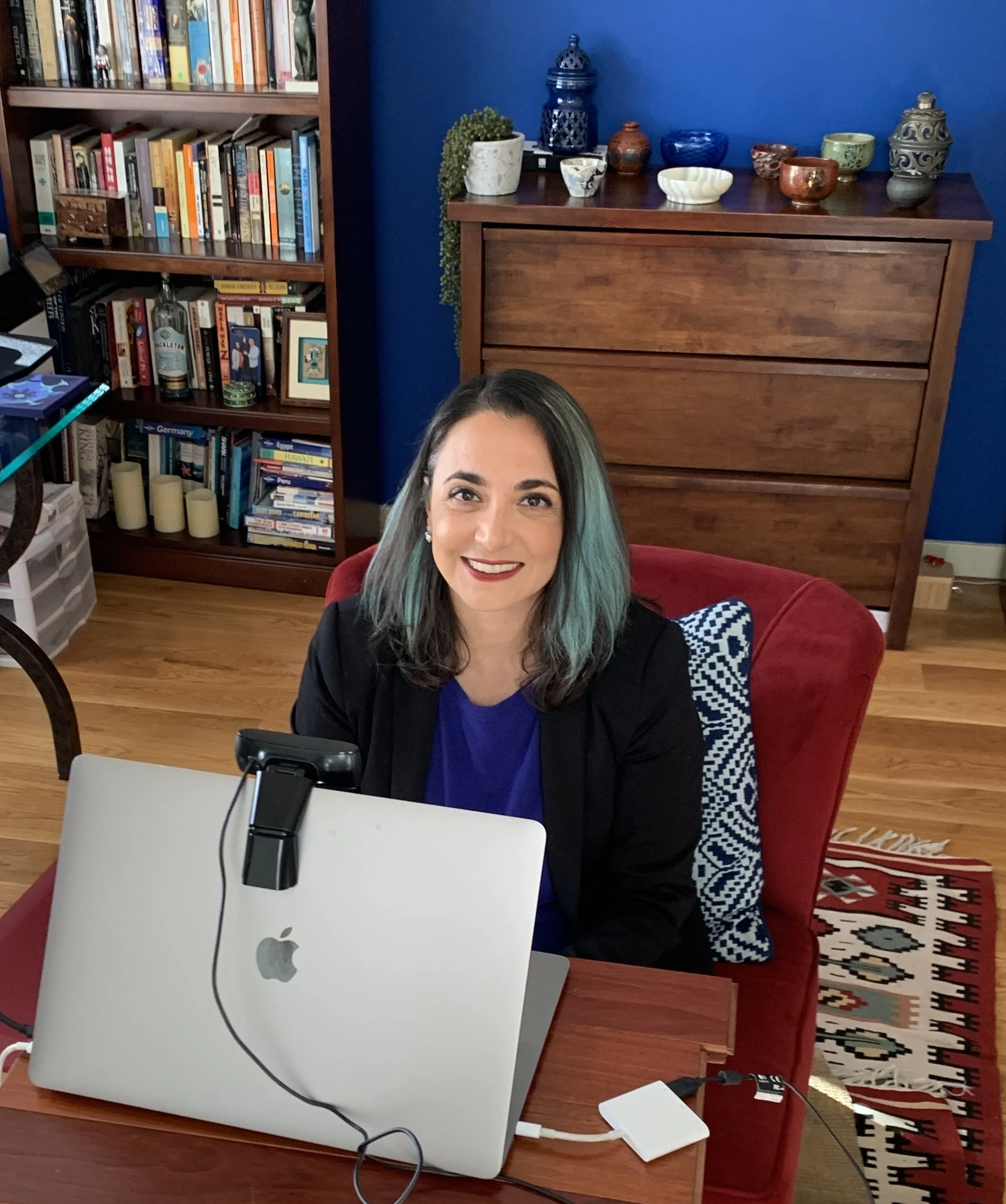The Future Of Education Will Be Radically Different—Here’s How You Can Prepare For It.
Dr. Tiffany Vora Preparing for the Ignite STEM Conference.
Let’s talk about the future of education.
In late January, I was delighted to contribute to an online conversation hosted by IgniteSTEM, a student-run nonprofit based at Princeton University that’s empowering STEM educators through project-based learning, hackathons, and more.
I focused our discussion on exponential technologies: how their impact on our lives is accelerating, and how the school curricula that got us to *today* are not going to get us to *tomorrow*—and beyond. I shared some insights into how I think STEM careers will look in the coming decades (spoiler: LOTS of computation).
💡 I also shared the opinion that there may not be many “STEM-free” careers … or even STEM-free lives … in the future.
I particularly enjoyed hearing from the K-12 educators who joined our session. They were quick to point out the educational challenges that arise when technology is ever-present. For example, one teacher was concerned about students using Google to look up answers instead of formulating their own thoughts. That insight prompted discussion of how information recall and retrieval aren’t really the point of an education anymore—let alone the major description of a desirable job. Instead, we thought that the critical tasks of tomorrow will include the identification of the most important problems, creativity in designing and testing solutions, and collaboration throughout the process.
💡 Many of our students are going to have careers that haven’t been invented yet. And they’re going to be using their skills in a world that is radically different from any that has come before.
I’m excited to double down on the elements of a STEM education that technology can’t do faster, cheaper, or more accurately. When an AI crunches the numbers … when a robot does the pipetting … that frees us up to use our brains and our creativity to learn more about the world around us and to make it a better place.
💡 Lifelong learning is going to be increasingly important as we live longer, more productive lives.
Fortunately, learning (especially STEM learning) can happen everywhere! By helping to ensure that all citizens have some amount of technological and STEM literacy, we can build toward an ethical and abundant future for billions of us all around the world.
As teachers, innovators, business leaders, and parents, we all have important roles to play in preparing young people—and ourselves!—for the future.
You can read a little more about my thoughts on future-forward education in my previous blog post.
About Tiffany
Dr. Tiffany Vora speaks, writes, and advises on how to harness technology to build the best possible future(s). She is an expert in biotech, health, & innovation.
For a full list of topics and collaboration opportunities, visit Tiffany’s Work Together webpage.
Get bio-inspiration and future-focused insights straight to your inbox by subscribing to her newsletter, Be Voracious. And be sure to follow Tiffany on LinkedIn, Instagram, Youtube, and X for conversations on building a better future.
Donate = Impact
If this article sparked curiosity, inspired reflection, or made you smile, consider buying Tiffany a cup of coffee!
Your support will:
Spread your positive impact around the world
Empower Tiffany to protect time for impact-focused projects
Support her travel for pro bono events with students & nonprofits
Purchase carbon offsets for her travel
Create a legacy of sustainability with like-minded changemakers!
Join Tiffany on her mission by contributing through her Buy Me a Coffee page.






